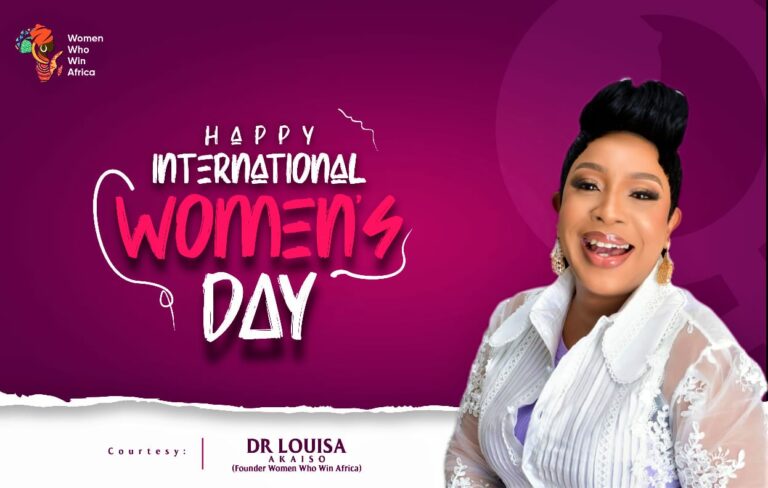Gender-based violence (GBV) is a pervasive issue that continues to afflict millions of women worldwide, transcending geographical, cultural, and socio-economic boundaries. From physical and sexual assault to emotional and psychological abuse, GBV takes on various forms, leaving lasting scars on its survivors. Beyond the visible wounds, GBV deeply impacts women’s psychology, often leading to emotional instability and long-term trauma.
The psychological effects of GBV on women can be profound and multifaceted. Survivors often experience a range of emotions including fear, anxiety, shame, guilt, and depression. The trauma inflicted by GBV can shatter a woman’s sense of self-worth and confidence, leading to feelings of powerlessness and hopelessness. Furthermore, the emotional toll of GBV can manifest in various ways, such as post-traumatic stress disorder (PTSD), substance abuse, self-harm, and even suicidal ideation.
One of the most insidious aspects of GBV is its ability to perpetuate a cycle of violence. Women who experience GBV may develop maladaptive coping mechanisms or internalize the abuse, leading to a normalization of violence in their lives. This normalization can make it difficult for survivors to seek help or leave abusive situations, further exacerbating the psychological impact of GBV.
Addressing GBV requires a comprehensive approach that encompasses prevention, intervention, and support services. While individual acts of kindness and support are crucial, systemic change is necessary to truly combat GBV. Policy makers and stakeholders play a pivotal role in enacting laws and policies that protect women’s rights and hold perpetrators accountable.
Legislation should prioritize the prevention of GBV through education, awareness-raising campaigns, and community-based initiatives. This includes promoting gender equality, challenging harmful gender norms, and fostering a culture of respect and consent. Additionally, legal frameworks must ensure swift and effective justice for survivors, including access to protection orders, legal aid, and specialized support services.
Furthermore, it is essential to invest in comprehensive support services for survivors of GBV, including counseling, shelter, healthcare, and economic empowerment programs. These services not only address the immediate needs of survivors but also facilitate their long-term recovery and empowerment. Stakeholders from all sectors, including government agencies, non-governmental organizations, law enforcement, healthcare providers, and community leaders, must work together in a coordinated effort to combat GBV. Collaboration and partnership are essential to pool resources, share expertise, and implement effective strategies to prevent and respond to GBV.
Ultimately, combating GBV requires a collective commitment to upholding women’s rights and dignity. By addressing the root causes of GBV and providing comprehensive support to survivors, we can create a society where all women can live free from violence and fear.
It is time for policy makers and stakeholders to take decisive action to end GBV and protect the psychological well-being of women everywhere.
Credit: Faith Ememodo – Communications Consultant






